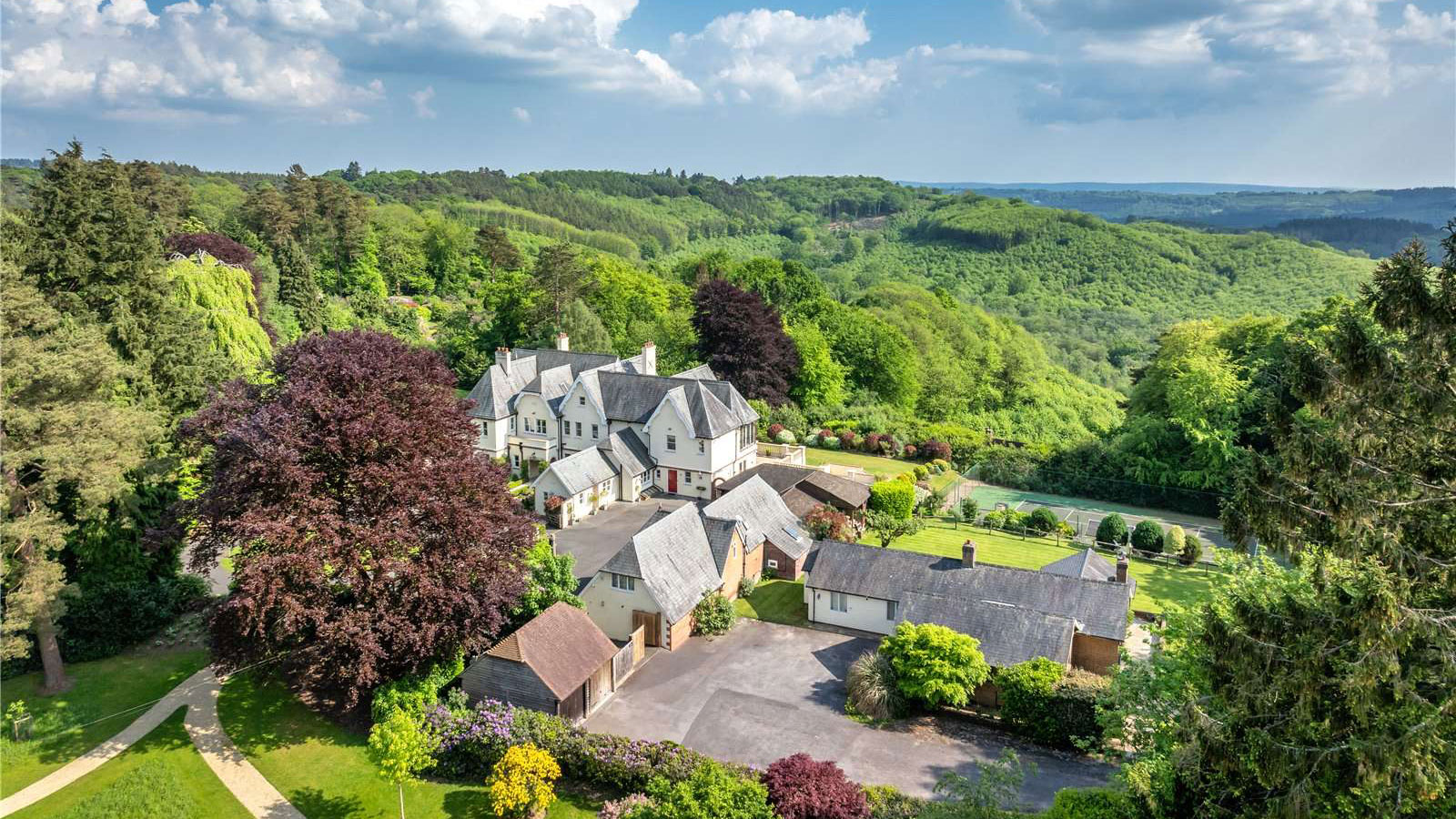Britain’s forests for sale
Publicly owned forestry land is to be sold off to private owners and larger businesses, Defra has confirmed

The Coalition Government has now confirmed rumours that publicly owned forestry land will be sold. Defra has announced that it intends to fundamentally reform the public forestry estate, with both private owners and larger businesses taking over land currently owned by the Forestry Commission (FC) (‘Who really owns Britain', Country Life, November 10).
Confirmation of privatisation rumours came in a letter to MPs from the Defra Secretary of State, Caroline Spelman: ‘We are committed to shifting the balance of power from "Big Government" to "Big Society" by giving individuals, businesses, civil society organisations and local authorities a much bigger role in protecting and enhancing the natural environment, and a much bigger say in our priorities for it. We envisage a managed programme of reform to further develop a competitive, thriving and resilient forestry sector that includes many sustainably managed woods operating as parts of viable land-based businesses.'
But contrary to reports in the national press, not all of the FC's 2.5 million acres of land will be offered for sale. Charlton Clark, a senior officer with the Forestry Commission, explains that the quoted figure refers to FC-owned land across the whole of Britain. ‘However, the current review of the future ownership and management of FC land will apply only to that which we manage in England. We own 635,000 acres of land in England, of which 491,530 acres are classified as forest or woodland.'
Forestry is, at present, a devolved subject, so decisions about the land the FC manages in Scotland and Wales are in the remit of the Scottish and Welsh Assembly Governments. Northern Ireland has its own separate government Forest Service.
But Green MP Caroline Lucas strongly disagrees, describing the sale as ‘an unforgiveable act of environmental vandalism'. Sue Holden, chief executive of the Woodland Trust, is similarly concerned. ‘Ancient woodland is our richest and most fragile habitat, our equivalent of the rainforest. Restoring 49,500 acres of ancient woodland would be the one of most significant contributions the UK could make to worldwide nature conservation; the proposed sell off must not become a barrier to this significant achievement.'
Stephanie Hilborne, chief executive of The Wildlife Trust, adds that a ‘clear policy' is needed before any land sales are made. ‘The Forestry Commission owns a substantial amount of land which is of high value for wildlife.' The Coalition has stated that it will set out to ‘promote green spaces and wildlife corridors' and launch a ‘national campaign to increase tree-planting by the private sector and civil society'.
Branching out
Sign up for the Country Life Newsletter
Exquisite houses, the beauty of Nature, and how to get the most from your life, straight to your inbox.
- The English Public Forest Estate comprises more than 1,000 woods, making up 18% of England's wooded areas
- In 2007/08, it cost the Government £15 million to manage the British estate (£76 million was spent, but £61 million was recouped)
- Woodland covers 9% of England, which is one of the lowest percentages in Europe
Country Life is unlike any other magazine: the only glossy weekly on the newsstand and the only magazine that has been guest-edited by HRH The King not once, but twice. It is a celebration of modern rural life and all its diverse joys and pleasures — that was first published in Queen Victoria's Diamond Jubilee year. Our eclectic mixture of witty and informative content — from the most up-to-date property news and commentary and a coveted glimpse inside some of the UK's best houses and gardens, to gardening, the arts and interior design, written by experts in their field — still cannot be found in print or online, anywhere else.
-
 Athena: We need to get serious about saving our museums
Athena: We need to get serious about saving our museumsThe government announced that museums ‘can now apply for £20 million of funding to invest in their future’ last week. But will this be enough?
By Country Life
-
 Six rural properties with space, charm and endless views, as seen in Country Life
Six rural properties with space, charm and endless views, as seen in Country LifeWe take a look at some of the best houses to come to the market via Country Life in the past week.
By Toby Keel